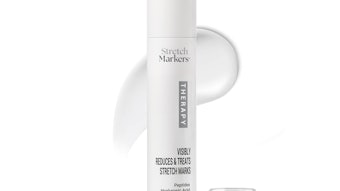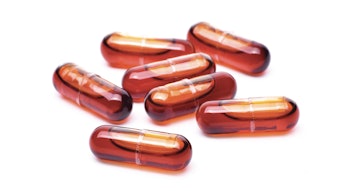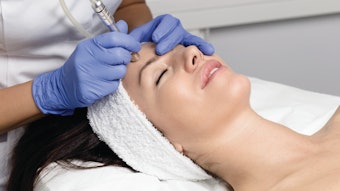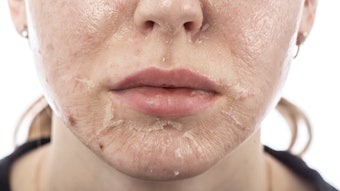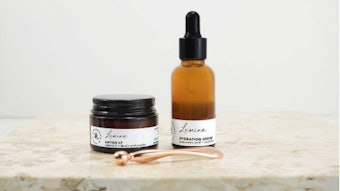Women seeking an acne medicine that can cause severe birth defects may find it a little easier to fill their prescription: The government announced some changes Wednesday designed to ease access to the troublesome drug.
A program called iPledge was designed to ensure that every user of Accutane or its generic competitors—and every doctor who prescribes it and every pharmacy that sells it—follows strict rules to make sure that women don't get pregnant while on the drug. Among those rules are month-by-month prescriptions based on passing pregnancy tests.
But last summer, the Food and Drug Administration heard evidence that iPledge hasn't ended the problem: There were 122 pregnancies in the program's first year and another 37 in the four months since. Another 19 pregnancies occurred in women who managed to get the drug despite never enrolling in iPledge.
Still, in October the FDA agreed to a few changes to the program, and announced Wednesday that iPledge is now implementing these changes:
* Women of childbearing age who don't fill a prescription within seven days of a pregnancy test will be allowed to get another test and then fill the prescription—with the exception of the initial prescription. Until now, those who didn't act within seven days were frozen out of the program for the next 23 days.
* Those women will have to fill the prescription within seven days of a pregnancy test rather than within seven days of first seeing their doctor.
Associated Press, December 5, 2007
FDA Eases Access to Acne Drug
May 16th, 2008


